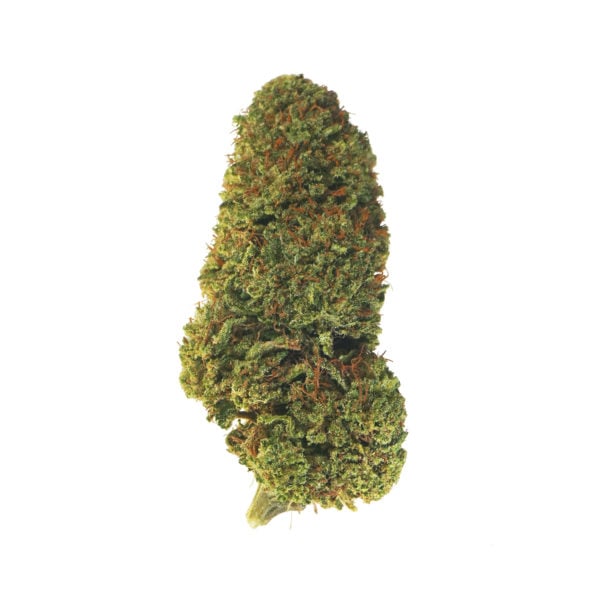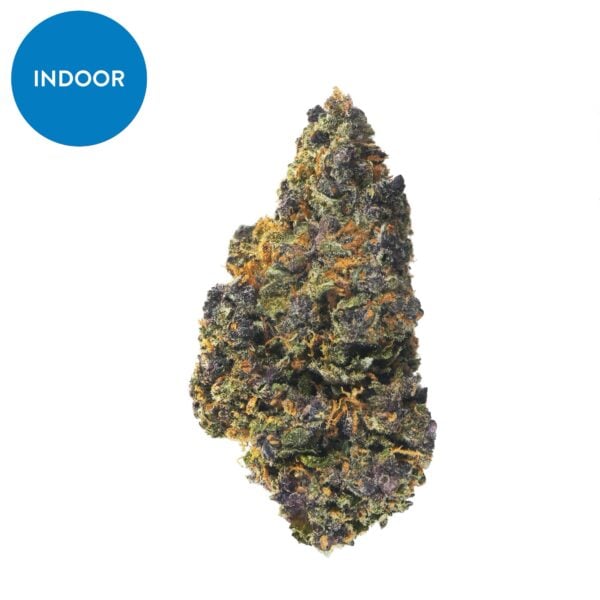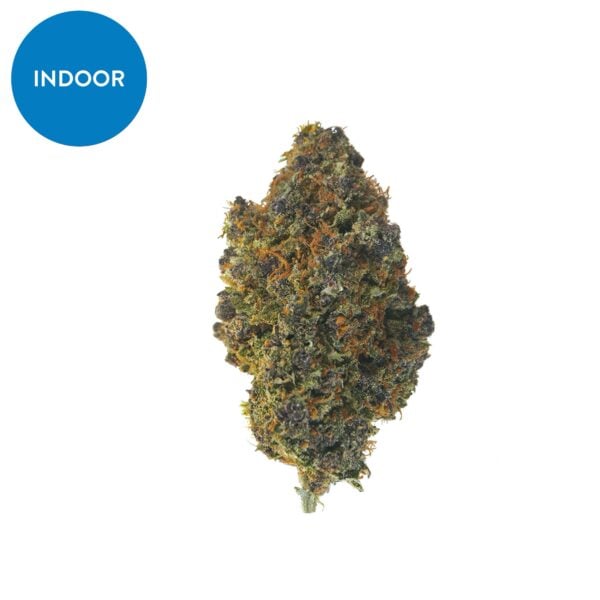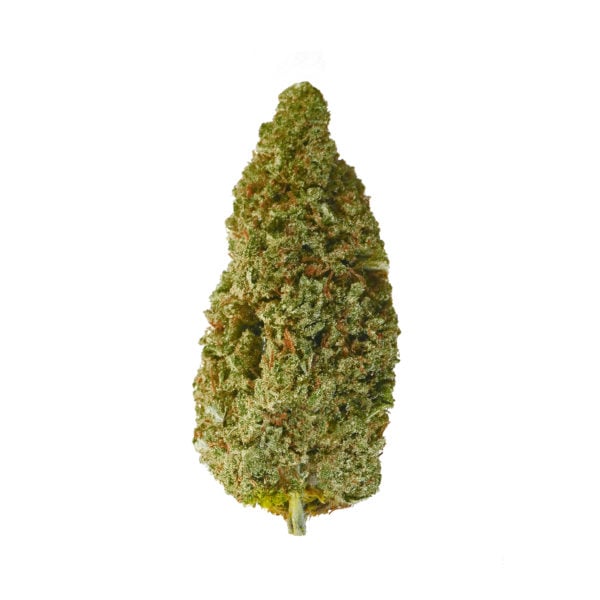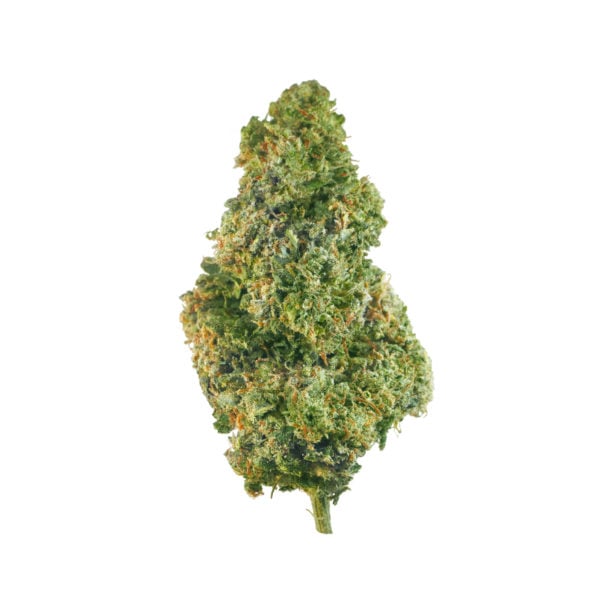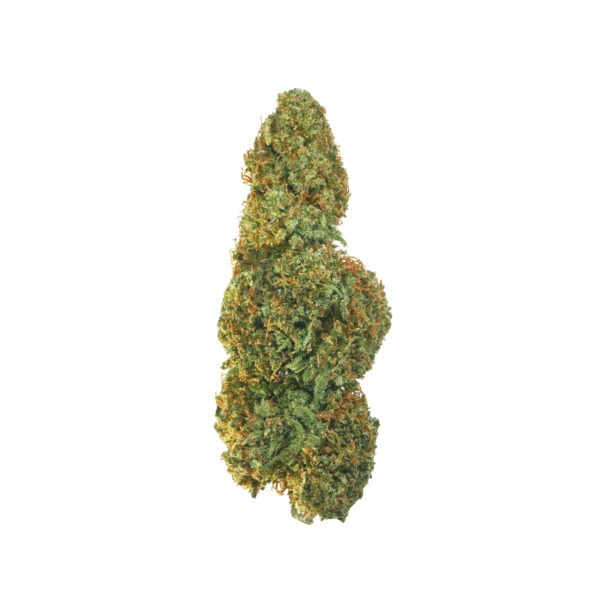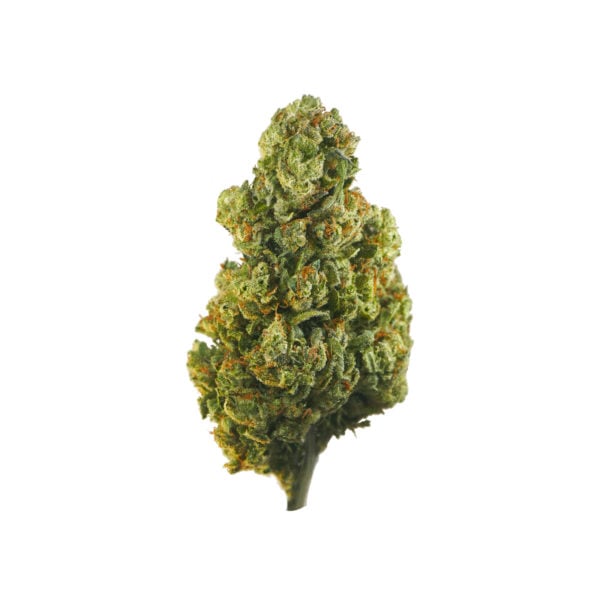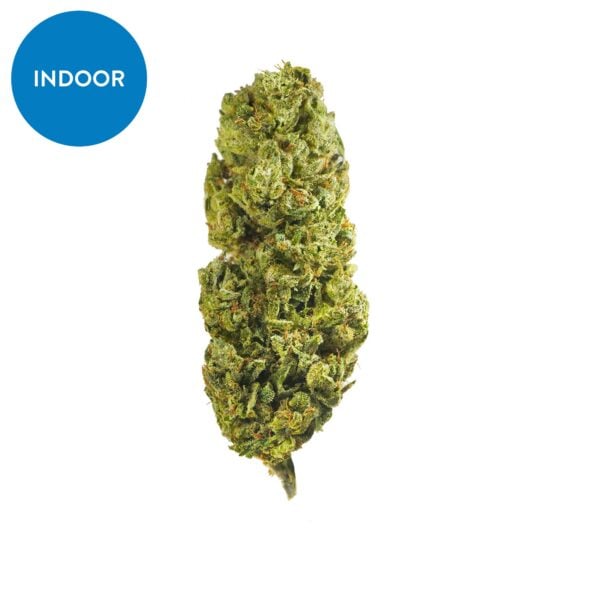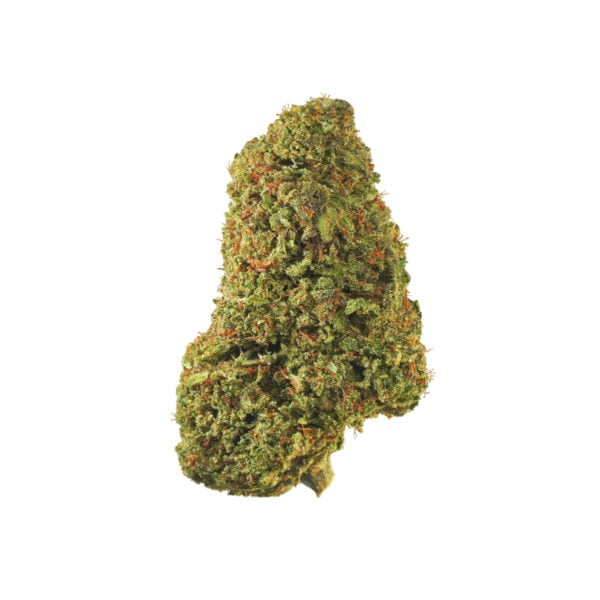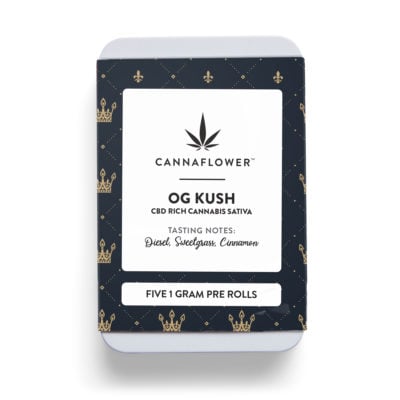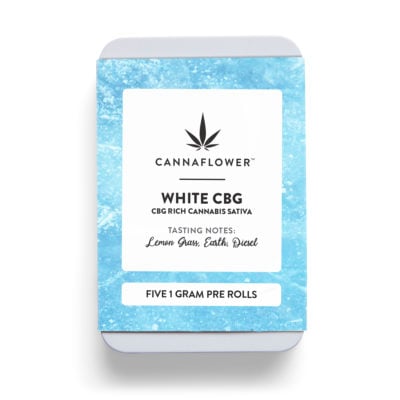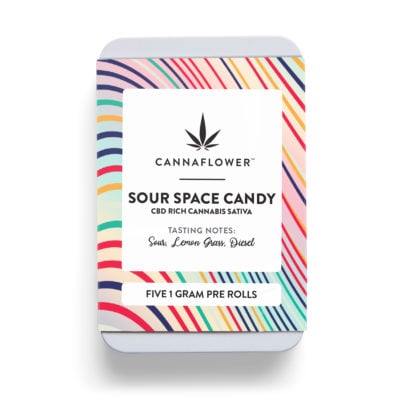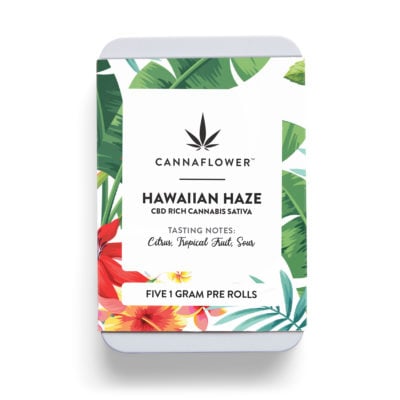Cannabis Evolved.
Low THC, High CBD — for an elevated experience.
Federally legal cannabinoid-rich flower.
Start your journey.
A curated experience with everything you need to get started.
Order the Discovery Box and receive a
$20 gift card toward your next purchase.
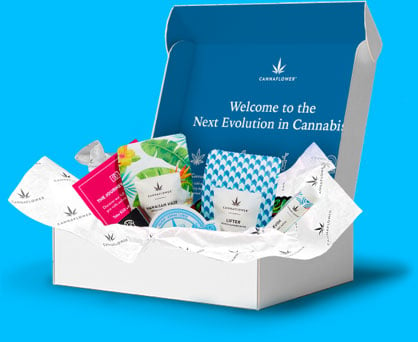
$19.95 | $35.95
Find your strain.
Ultra-premium strains cultivated with love and developed to enhance your lifestyle.
Cannabis reimagined.
New low-THC cannabis strains now ensure that there is something for everyone.

Pre-rolls for any occasion.
Stylish. Convenient. Fresh. Perfect every time.
Soil Dynamics
Our regenerative and living soil practices allow each plant to live to its full potential and maximize aromatic terpenes and cannabinoids. We grow healthy super plants that thrive naturally without pesticides or herbicides.
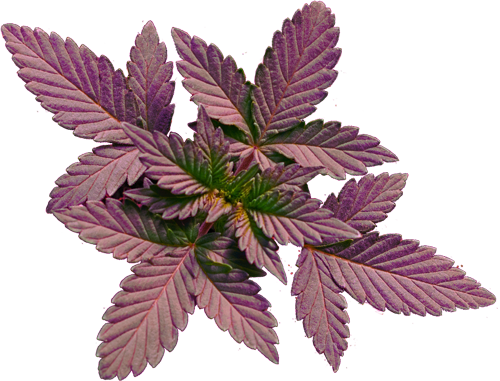
Don’t take our word for it.
With over 7000+ five star reviews, we’ll let our customers explain it.



